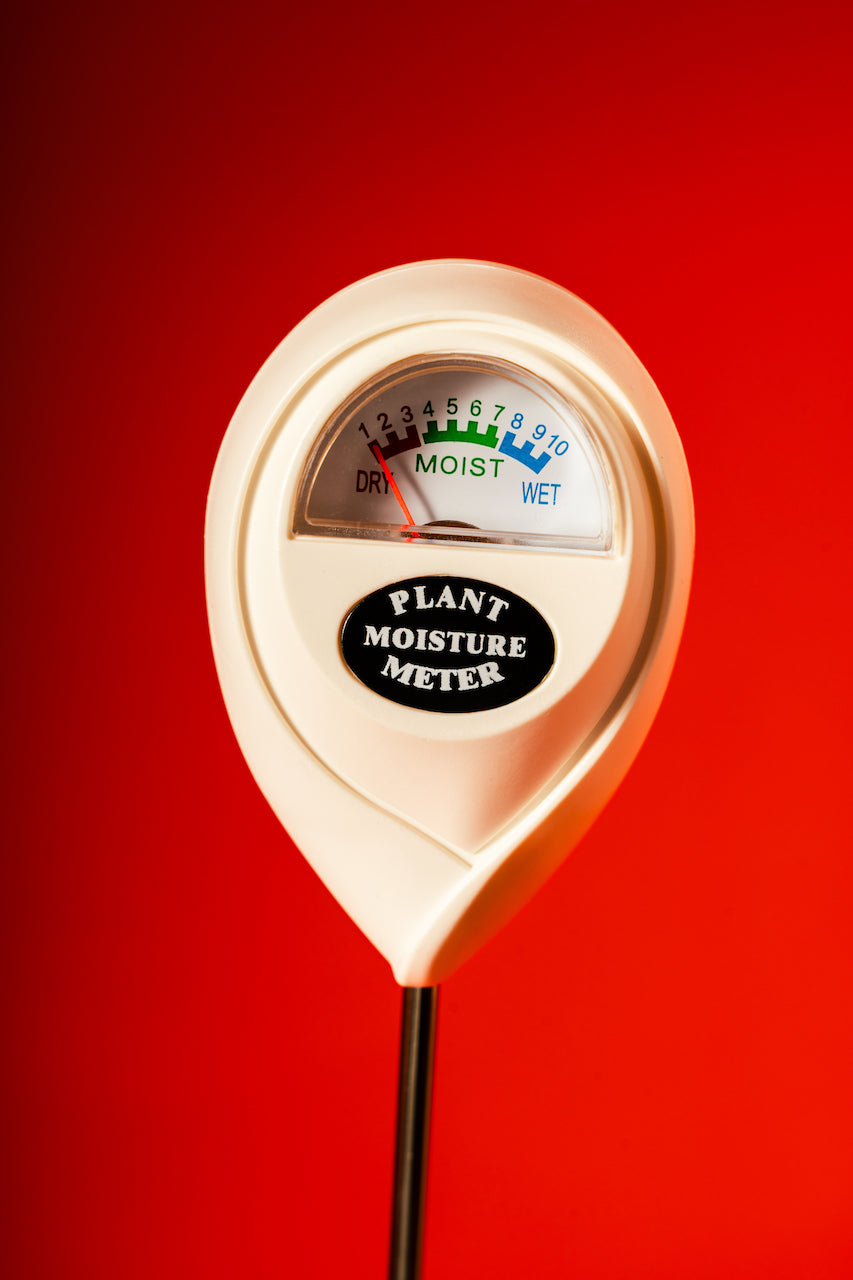How to Make Use Of a Moisture Meter to Discover Covert Water Damages in Your Residential property
How to Make Use Of a Moisture Meter to Discover Covert Water Damages in Your Residential property
Blog Article
The Ultimate Overview to Moisture Meters: A Comprehensive Overview and Just How They Can Conserve You Cash
In the realm of building upkeep, building, and numerous sectors, the relevance of precisely gauging wetness levels can not be overstated. Moisture meters work as important devices in detecting and checking moisture content in products, assisting in preventing expensive problems and ensuring the high quality of items. Understanding the nuances of different types of dampness meters, their applications, and the possible cost-saving advantages they supply can be a game-changer for services and professionals alike. Uncovering just how these devices can not just improve procedures however also add to monetary savings is a journey worth embarking on.
Sorts Of Moisture Meters
One common type is the pin-type dampness meter, which measures the electric resistance in between 2 pins put into a material. Pinless moisture meters, on the various other hand, use electro-magnetic sensor plates to scan a bigger area without causing damage to the product's surface area.
Additionally, there are also specialty dampness meters made for certain materials like hay, soil, or grain. These meters provide precise dampness analyses tailored to the distinct residential properties of the material being tested. Infrared dampness meters determine the thermal residential or commercial properties of a material to establish its dampness content non-invasively, making them beneficial for applications where pin or pinless meters might not appropriate. Recognizing the different kinds of moisture meters offered can help industries choose one of the most ideal tool for their certain dampness dimension needs.

Benefits of Using Moisture Meters

Furthermore, making use of moisture meters can result in increased power effectiveness. By identifying areas with high wetness levels, such as leakages or poor insulation, adjustments can be made to enhance energy preservation and reduce energy costs. In farming setups, wetness meters play a vital function in optimizing crop yields by allowing farmers to keep track of soil wetness levels and make notified irrigation choices. On the whole, the benefits of using moisture meters cover across numerous sectors, giving economical options and promoting better top quality control practices.
Just How to Select the Right Moisture Meter
Picking the suitable dampness meter entails considering key variables such as product compatibility, dimension range, and calibration precision. When picking a moisture meter, it's vital to ensure that the meter is ideal for the specific product you will be testing. Various products have differing electric homes that can influence wetness readings, so picking a meter created for your material is crucial for accurate outcomes. In addition, consider the dimension this page variety of the dampness meter. Make sure that the meter can discover dampness degrees within the variety required for your applications. Calibration accuracy is another critical variable to keep in mind (Moisture Meter). Choose a wetness meter with dependable calibration to guarantee constant and accurate readings. Some meters might require periodic calibration modifications, so understanding the calibration procedure is necessary. By meticulously assessing these elements, you can pick a dampness meter that satisfies your requirements and offers precise dampness measurements for your projects.
Correct Strategies for Moisture Meter Usage
To make certain accurate moisture analyses and make the most of the efficiency of a wetness meter, employing appropriate strategies is essential. When using a pin-type dampness meter, put the pins or probes right into the product being evaluated up until they make complete contact. Make certain the pins are vertical to the surface to get the most specific analysis. For pinless dampness meters, hold the device level against the product and relocate it gradually to cover the best site entire location for an ordinary reading. It's important to adjust the wetness meter according to the material being evaluated to boost precision. Take several analyses across the surface area and typical them out for an extra dependable outcome. In addition, guarantee that the material being evaluated is acclimated to the environment to stop skewed readings. Normal upkeep of the wetness meter, such as cleansing the pins or sensing unit, is likewise important to make certain regular and exact analyses. By complying with these correct methods, users can depend on their dampness meter to provide reliable wetness degrees, aiding in avoiding pricey damage or making certain quality in different applications.

Price Cost Savings Through Moisture Meter Applications
How can the tactical application of dampness meters cause significant expense savings across various industries? Wetness meters play an important role in expense savings by protecting against possible damages and ensuring quality assurance in various markets. In the agriculture market, dampness meters aid in figuring out the ideal time for harvesting plants, stopping over-drying or excess wetness that can influence the last item's high quality. This precise tracking helps farmers avoid unneeded losses and maximize their return.

Furthermore, in the food handling industry, moisture meters are crucial for keeping an eye on item top quality and site ensuring compliance with security regulations. By properly gauging wetness material in food, suppliers can avoid perishing, preserve quality, and lower waste, resulting in substantial cost savings. In general, the strategic application of moisture meters is an important financial investment that can result in considerable cost reductions and improved efficiency across different markets.
Final Thought
To conclude, dampness meters are useful devices for determining and identifying wetness levels in numerous materials. By utilizing the appropriate dampness meter and adhering to appropriate strategies, customers can efficiently protect against expensive damages brought on by excess dampness. Purchasing a high quality dampness meter can result in significant cost savings in the long run by identifying possible problems beforehand and enabling punctual remediation. Eventually, dampness meters are vital instruments for maintaining the integrity and longevity of structures and products.
Dampness meters offer as indispensable tools in discovering and checking moisture material in materials, helping in stopping expensive problems and ensuring the high quality of items. Infrared moisture meters determine the thermal buildings of a product to determine its wetness material non-invasively, making them helpful for applications where pin or pinless meters may not be suitable.Wetness meters provide indispensable advantages in precisely evaluating and checking wetness levels in varied materials and settings. In agricultural setups, wetness meters play a critical duty in optimizing plant returns by allowing farmers to monitor dirt moisture degrees and make educated irrigation decisions.In conclusion, moisture meters are useful devices for gauging and finding wetness degrees in various materials.
Report this page